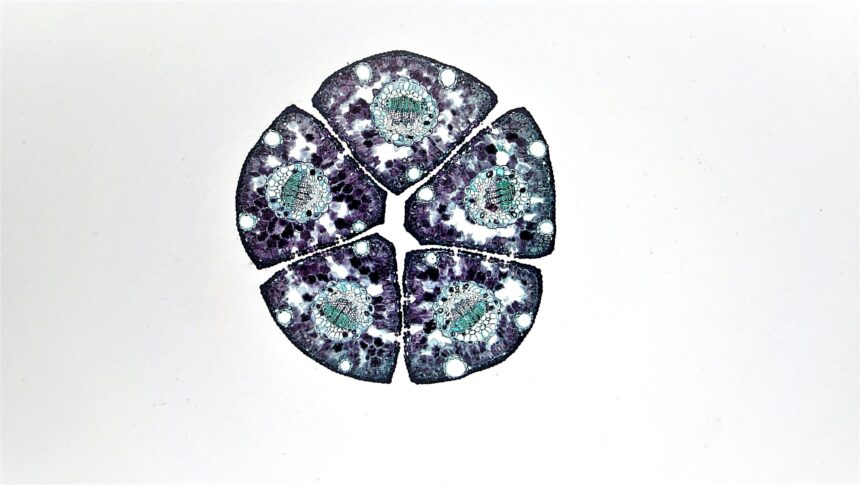Once a highly contentious topic, the general consensus today is that stem cell treatment is possibly one of the most significant scientific breakthroughs of the modern era. Although stem cell treatment might not exactly live up to the lofty expectations upon it, like it can cure almost any disease or ailment known to modern medicine, with the correct treatment plan and under the supervision of trained professionals, many can and do find themselves recovering from all kinds of issues that other medication might be unable to treat or treat too slowly. So, with that in mind, just what are some of the primary advantages of this form of therapy over other, more conventional options?
It Has An Extraordinarily High Success Rate
It would be incredibly foolish to treat just one kind of treatment or medication as a panacea for all that ails the world, but the reality is that stem cell treatment has consistently shown its effectiveness in addressing a variety of ailments. This Cayman Islands stem cell clinic notes that, according to their research based on patient data, stem cell therapy shows a staggering 85% success rate in terms of patients experiencing some form of improvement three months after receiving their first treatment. This might be comparable to other techniques, but what sets stem cell treatment apart from other, more invasive procedures is the fact that it is far less intrusive and, for the most part, has fewer side effects than harsh pharmaceuticals. You can see this trend repeated over and over when you delve into the research, and as such, it has proven to be far more than a mere fad and something that has the potential to completely revolutionize how we view diseases and how they might be overcome.
Treats A Variety Of Medical Conditions
Before getting into the various conditions stem cells have been proven to treat, it bears repeating that they aren’t a cure-all, and even if you have a condition that could be treated using stem cells, that is no guarantee that they will work. Nevertheless, in most instances, stem cell treatment might be suitable for a range of issues, including:
- Certain cancers (leukemia, lymphoma, multiple myeloma, etc).
- Blood disorders, such as sickle cell disease and thalassemia.
- Immune deficiency diseases.
- Other less severe issues, like cartilage or corneal repair.
Potential For Personalized Medical Treatments
As we enter a far more sophisticated era than we have ever experienced, the name of the game when it comes to medicine is personalization. The more we can personalize specific procedures, the more likely we will see better patient outcomes. This can be based on the speed of recovery or the ability to reduce the likelihood of remission for some medical issues. Stem cells can offer this by reducing the possibility of immune system rejection of some medicines and treatments, and even “programming” a cell so that it is perfectly in tune with the host body.
Stem cells offer a broad range of advantages over more conventional treatments, and as more research is placed into them, the more likely it is that they will transform medicine as we know it. While not a cure-all, they are showing tremendous benefits for many diseases that have been traditionally hard to treat or eradicate.


